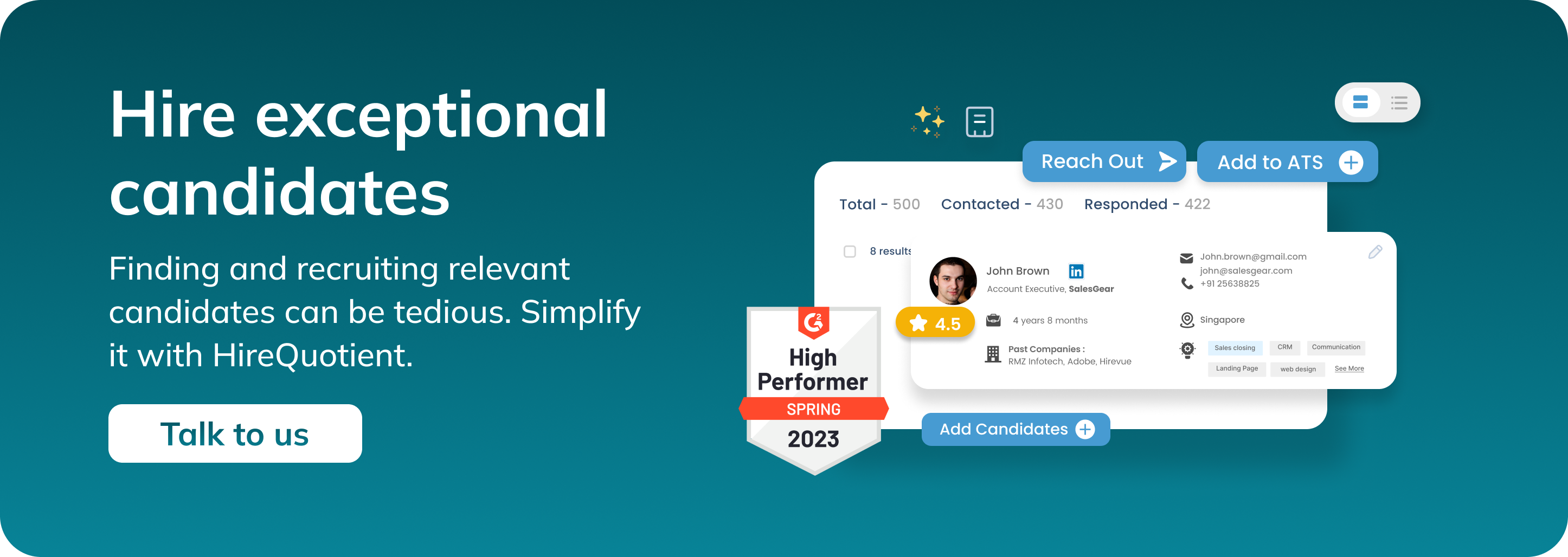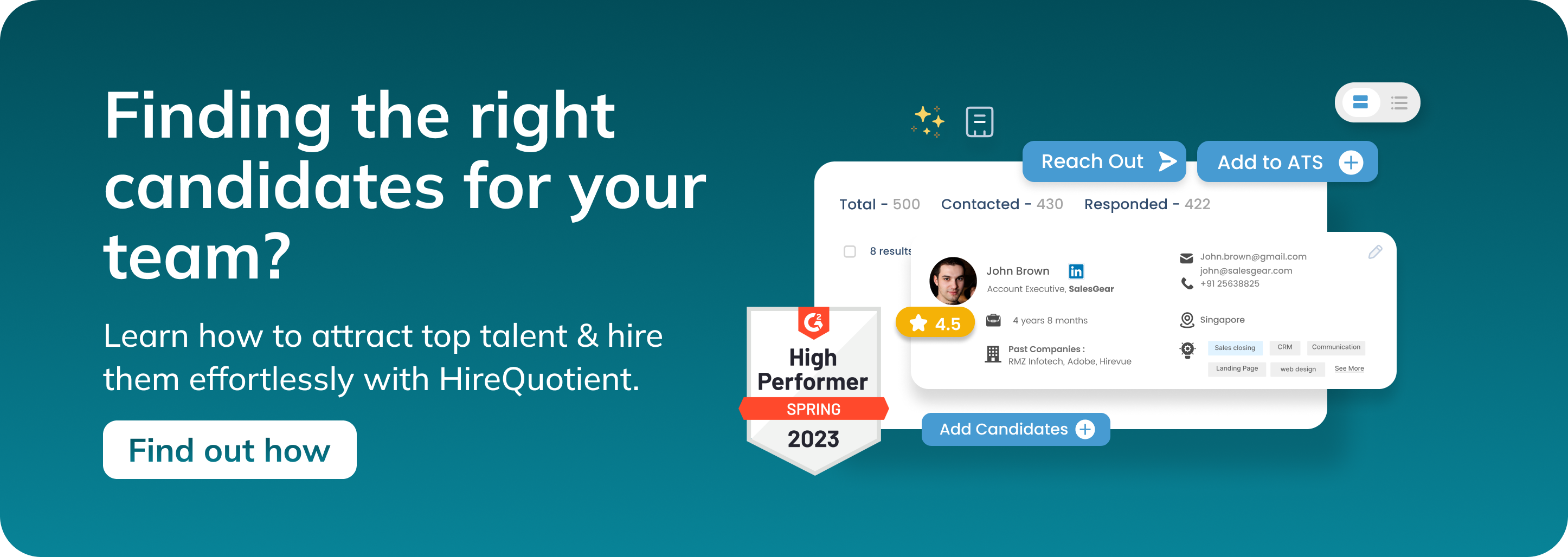SQL Interview Questions: A Comprehensive Guide
Published on April 30th, 2024
Structured Query Language (SQL) is one of the important skills for database administrators to possess. You should assume the topic of SQL to arise throughout the interview session for data science positions as you prep for your interview.
With the help of this guide, you will discover details about SQL-specialized interviews, including what sorts of tests you can experience as well as some frequently asked SQL interview questions. There are also some sample questions, along with a step-by-step method for creating SQL code during the interview, and several interview performance recommendations.
Types of SQL Tests in Interviews
During an SQL interview, you might encounter various types of assessments, including:
Theoretical Questions: These questions test your understanding of SQL concepts and principles. They might cover topics such as the differences between SQL commands, the principles of database normalization, and the roles of different types of keys (primary, foreign, composite). For example, you might be asked to explain the difference between DELETE and TRUNCATE commands or to describe what an index is and why it's useful.
Practical Exercises: You might be asked to write SQL queries to solve specific problems. These exercises test your ability to translate real-world problems into SQL queries. You might be given a database schema and asked to perform tasks like retrieving specific data, updating records, or joining tables. An example question could be writing a query to find all employees with a salary above the company average.
Optimization and Troubleshooting: These tests assess your ability to optimize queries and troubleshoot common SQL issues. This could involve analyzing slow-running queries and suggesting improvements or identifying and fixing errors in provided SQL code. For instance, you might be asked to optimize a complex query with nested subqueries or to troubleshoot a query that’s not returning the expected results.
Database Design: You could be asked to design a database schema based on certain requirements. This type of question tests your ability to understand business needs and translate them into a logical database design. You might be asked to create tables, define relationships between them, and ensure the design adheres to normalization principles. For example, you might be asked to design a database for an e-commerce application, specifying tables for products, customers, and orders.
Frequently Asked SQL Interview Questions
1. Explain the difference between INNER JOIN and OUTER JOIN.
Sample Answer:
An INNER JOIN returns only the rows that have matching values in both tables. An OUTER JOIN, which can be LEFT, RIGHT, or FULL, returns all the rows from one or both tables, with NULLs where there are no matches.
2. What is a primary key?
Sample Answer:
A primary key is a unique identifier for a record in a table. It ensures that each record is unique and cannot contain NULL values.
3. What is a constraint in SQL? Name a few.
A constraint in SQL defines rules or restrictions that apply to data in a table, ensuring data integrity. Common constraints include:
PRIMARY KEY: Ensures the values’ uniqueness in a column.
FOREIGN KEY: Enforces referential integrity between tables.
UNIQUE: Ensures the uniqueness of values in a column.
CHECK: Defines a condition that data must meet to be inserted or updated.
NOT NULL: Ensures that there are no NULL values in a column.
4. How would you write a query to find the second-highest salary in a table?
Sample Query:
SELECT MAX(Salary)
FROM Employees
WHERE Salary < (SELECT MAX(Salary) FROM Employees)
5. What is normalization? Explain its types.
Sample Answer:
Normalization is the process of organizing data in a database to reduce redundancy and improve data integrity. The types include:
- 1NF (First Normal Form): Ensures each column contains atomic values.
- 2NF (Second Normal Form): Achieves 1NF and ensures that non-key columns are fully dependent on the primary key.
- 3NF (Third Normal Form): Achieves 2NF and ensures that non-key columns are not transitively dependent on the primary key.
- BCNF (Boyce-Codd Normal Form): A stronger version of 3NF that handles specific types of anomalies.
6. What are indexes and why are they used?
Sample Answer:
Indexes are special database objects that improve the speed of data retrieval operations on a table. They work by creating a data structure that allows for faster search and retrieval of records.
7. How do you optimize an SQL query?
Sample Answer:
To optimize an SQL query, you can:
- Use appropriate indexes.
- Avoid using SELECT *.
- Write efficient WHERE clauses.
- Use JOINs instead of subqueries.
- Analyze and optimize execution plans.
8. What is a stored procedure?
Sample Answer:
A stored procedure is a set of SQL statements that can be stored in the database and executed as a program. Stored procedures can accept parameters, execute complex operations, and return results.
9. Explain the difference between DELETE, TRUNCATE, and DROP commands.
Sample Answer:
- DELETE: Removes rows from a table based on a condition. It can be rolled back.
- TRUNCATE: Removes all rows from a table without logging individual row deletions. It cannot be rolled back.
- DROP: Deletes the entire table or database, including all its structure and data. It cannot be rolled back.
Sample SQL Questions with Step-by-Step Solutions
Question 1: Retrieve employees with salaries greater than the average salary.
Step-by-Step Solution:
1. Calculate the average salary.
2. Select employees with salaries above this average.
Sample Query:
SQL
SELECT *
FROM Employees
WHERE Salary > (SELECT AVG(Salary) FROM Employees);
Question 2: List the departments and the number of employees in each.
Step-by-Step Solution:
1. Use the COUNT function to count employees.
2. Group results by department.
Sample Query:
SQL
SELECT Department, COUNT(*) AS NumberOfEmployees
FROM Employees
GROUP BY Department;
Interview Performance Recommendations
1. Understand the Basics
Having a solid grasp of fundamental SQL concepts is crucial for performing well in SQL interviews. Make sure you are well-versed in the core components of SQL, such as the different types of SQL commands (DDL, DML, DCL, TCL, and DQL), and understand the principles of database normalization. Knowing how to use primary keys, foreign keys, indexes, and constraints will also be beneficial. Additionally, you should be familiar with SQL functions, subqueries, and common data types. A strong foundation in these basics will not only help you answer theoretical questions confidently but also apply your knowledge effectively during practical exercises.
2. Practice Writing Queries
Regular practice is key to mastering SQL. Spend time writing and optimizing SQL queries to solve a variety of problems. Use online platforms like LeetCode, HackerRank, or SQLZoo to access a wide range of SQL problems. Practice writing queries that involve different types of JOINs, subqueries, aggregate functions, and window functions. Try to work on real-world datasets to understand the complexity and nuances of actual database problems. By regularly practicing, you will improve your query-writing skills, learn to avoid common mistakes, and become more efficient in writing optimized queries.
3. Explain Your Thought Process
During the interview, it’s important to articulate your reasoning and approach to solving problems. When presented with a question, take a moment to understand the requirements fully. As you formulate your answer, explain each step of your thought process to the interviewer. For example, describe why you chose a particular type of JOIN, how you ensured data integrity, or why you opted for a subquery instead of a JOIN. This not only demonstrates your problem-solving skills but also shows that you can communicate your ideas clearly and logically. It also helps the interviewer understand your approach and potentially provide guidance if you're heading in the wrong direction.
4. Stay Calm Under Pressure
Interviews can be stressful, especially when faced with difficult questions. If you encounter a challenging problem, take a deep breath and remain calm. Break the problem down into smaller, manageable parts, and tackle each part step by step. It’s perfectly acceptable to take a moment to think before answering. If you get stuck, talk through your thought process aloud; this can sometimes help you find a solution. Additionally, interviewers appreciate candidates who stay composed and think critically under pressure. Showing that you can handle stress and remain focused on solving the problem is a valuable trait.
5. Ask Clarifying Questions
If you’re unsure about a question or if the problem statement is ambiguous, don’t hesitate to ask for clarification. Asking questions shows that you are thorough and want to ensure you understand the requirements correctly before proceeding. It can also provide you with additional context that might help you solve the problem more effectively. For example, you might ask about specific business rules, data constraints, or expected outputs. Engaging in a dialogue with the interviewer can also demonstrate your collaborative skills and willingness to seek out the necessary information to perform your tasks accurately.
Conclusion
Preparing for an SQL interview involves understanding key concepts, practicing query writing, and being able to explain your thought process. By familiarizing yourself with these common questions and following the provided recommendations, you’ll be better equipped to demonstrate your SQL skills and secure the job. Good luck!
Authors

Soujanya Varada
As a technical content writer and social media strategist, Soujanya develops and manages strategies at HireQuotient. With strong technical background and years of experience in content management, she looks for opportunities to flourish in the digital space. Soujanya is also a dance fanatic and believes in spreading light!
Hire the best without stress
Ask us how
Never Miss The Updates
We cover all recruitment, talent analytics, L&D, DEI, pre-employment, candidate screening, and hiring tools. Join our force & subscribe now!
Stay On Top Of Everything In HR




